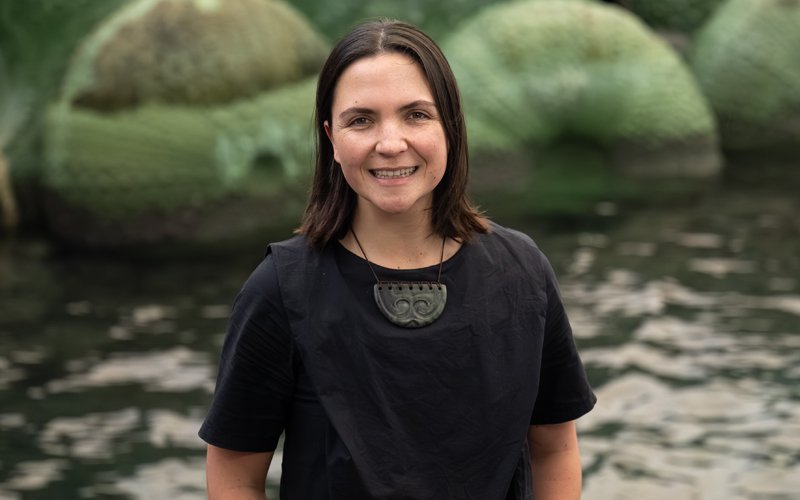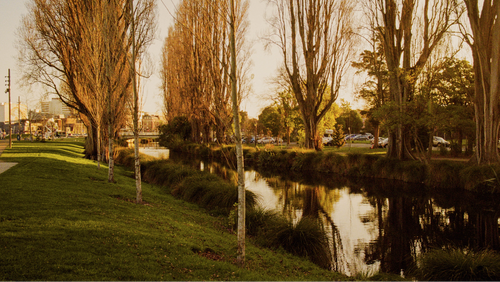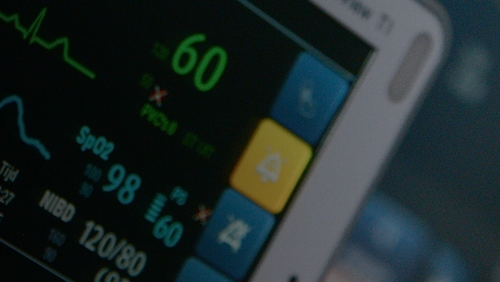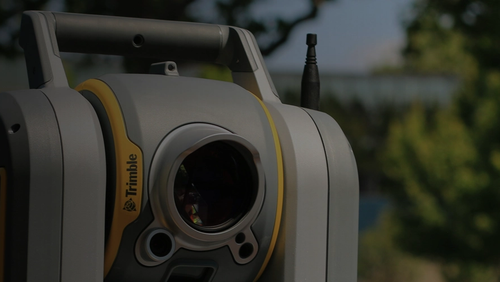22 Sep 2025
An award-winning engineer exemplifies how engineers past and present can encourage and empower young people to pursue exceptional careers in engineering.
A passionate advocate for instilling tikanga and te reo Māori into the profession, Emerging Professional Member of Engineering New Zealand Alyce Lysaght (Ngāi Te Rangi, Ngāti Ranginui, Pākehā) was recently awarded the Fulton-Downer Silver Medal. It recognises her unique and inspiring contribution to the profession, which includes time as an emerging director on Engineering New Zealand’s Board.
But even by Year 13, Alyce hadn’t chosen her future path.
“I had chosen subjects such as physics and chemistry because I really enjoyed them, but they also happened to be the prerequisites to engineering.”
Her physics teacher, a former engineer, mentioned the career pathway to her parents at a teacher and parent meeting, and that night she began to look into it.
“I was immediately drawn to natural resources engineering because of the positive impact it could have on te taiao, and I’ve never really strayed from that belief. Even now, the same passions keep me here.”
Her studies at the University of Canterbury included a Diploma of Global Humanitarian Engineering which involved taking papers in environment and sociology, and Te Tiriti o Waitangi.
“These papers helped me to broaden my perspective and I realised that it’s difficult to have sustainable engineering without understanding the past and present political environment.”
After graduating in 2022, Alyce became a consultant water engineer for WSP New Zealand. She’s recently started as Infrastructure Advisor at the Ministry of Foreign Affairs and Trade, focusing on infrastructure delivery for the Pacific.

Photo: Mark Tantrum Photography
At WSP, Alyce was involved with mana whenua hui, understanding how engineering projects impact the environment and ensuring mana whenua and their aspirations are involved in projects.
Alyce is the first person in her immediate family to formally learn te reo Māori.
“My journey with that began with the knowledge that my granddad was beaten for speaking te reo Māori when he was a kid. At the start of reo Māori courses it’s common to share why you are there, and I discovered that’s a reality for so many Māori. We want to honour those who came before us, acknowledge that intergenerational trauma, and look forward so the world is a better place for our tamariki and mokopuna.”
Alyce has been actively increasing the visibility of Māori in engineering with her podcast, Māori in engineering where she has interviewed more than 30 Māori engineers from a diverse range of disciplines.
“I started the podcast because at university there were few other Māori in my cohort. And, at the same we were learning how mātauranga-ā-iwi, mātauranga-ā-hapū and mātauranga-a-whānau are important to understand to support engineering projects in a sustainable way.
“I was really intrigued to learn from engineers who were doing this, but didn’t know where to look,” she says.
“The purpose of my podcast was to delve into that, to ask, who are the Māori engineers that are championing this? What are their stories?”
A common theme was the importance of being a good ancestor, which Alyce says is rooted in a lot of her decision-making today.
“It was also interesting to learn about the paralysis some feel when engaging with Te Ao Māori, causing reluctance because it raises discomfort, being scared you’ll do something wrong, so you do nothing at all.”
She encourages all engineers to use the resources available and just give it a go.
More generally, as an early career engineer, Alyce has thoughts on how employers can help augment the success of other early career engineers – create inclusive spaces to empower them to thrive and to get to know them to understand their aspirations.
Receiving the Fulton-Downer Silver Medal in the presence of her whānau and peers is a career highlight to date. “The awards night truly embodied the spirit of creating a space where people could show up and celebrate as their authentic selves. It was a night of cultural celebration.” She adds that she loved seeing Māori and Pasifika leaders whom she admires for their impact on the engineering industry being celebrated as new Fellows on the night.
This article was first published in the September 2025 issue of EG magazine.







